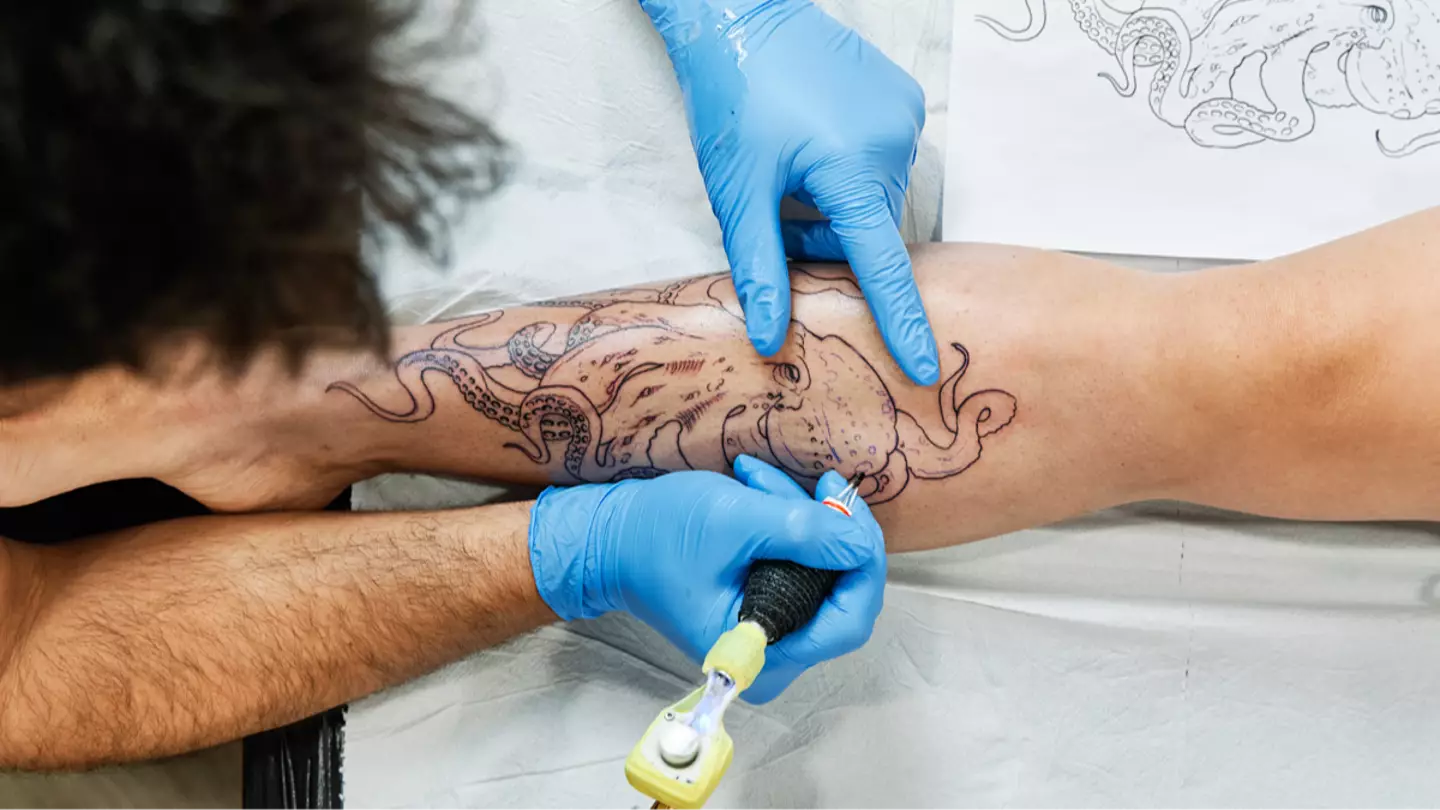
As of 2024, 32 per cent of Americans have a tattoo, with a further 22 per cent having more than one - so more than likely, you'll know someone whose got a bit of ink.
Pew Research further goes on to say that certain factors can influence who has a tattoo, with 1 per cent margin of difference between the amount of men and women with tattoos.
The art of tattooing has been around for more than 5,000 years, as the Smithsonian adds that it symbolised various things in many cultures, like status for example.
Nowadays, tattoos are considered to be an extension of the person - though, they are also a constant reminder to double check that you actually know what certain words mean.
Advert
However, a recent study from earlier this year examined the possible association between tattoos and the likelihood of skin cancer.

The paper, titled 'Tattoo ink exposure looks at the risks of lymphoma and skin cancers - a Danish study of twins', is a joint one from the University of South Denmark (SDU) and the University of Helsinki.
It examined a cohort study where 2,367 twins were studied, with one having went under the needle, while the other hadn't.
Advert
According to the authors, the aim of the study was to explore 'the potential association between tattoo ink exposure and development of certain types of cancers in the recently established Danish Twin Tattoo Cohort'.
"Tattoo ink is known to transfer from skin to blood and accumulate in regional lymph nodes." they continued, adding that the goal was to see if tattoo ink could trigger inflammation in the lymph nodes, therefore, potentially leading to abnormal cell growth and an increased cancer risk (via Sky News).
With cancer diagnosis's being retrieved from the Danish Cancer Registry and a survey about tattoo ink exposure from the 2021 Danish Twin Tattoo survey, the research concluded that the inked twins were at a 1.62 times greater risk of developing skin cancer than their tattoo-less sibling.

They further suggested that if the tattoos were larger than the the size of your palm, then the chances of developing lymphoma and skin cancer were more likely.
Advert
Sky News also reports that the rate was three times higher for those with larger tattoos when compared to those with no tattoos.
According to one of the authors, assistant professor of biostatistics at SDU, Signe Bedsted Clemmensen, this information suggests that 'the bigger the tattoo and the longer it has been there, the more ink accumulates in the lymph nodes'.
However, it is acknowledged on their website that further research is still needed as they go on to say that it is still not known if certain inks pigments are a higher risk, and whether 'certain types of lymphoma are more linked to tattoos than others'.